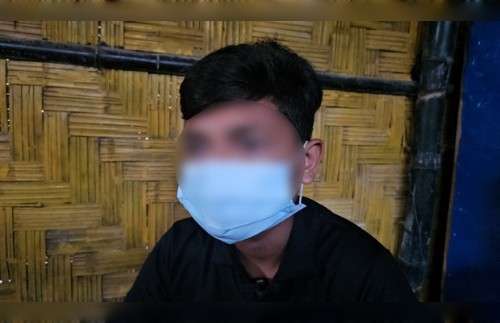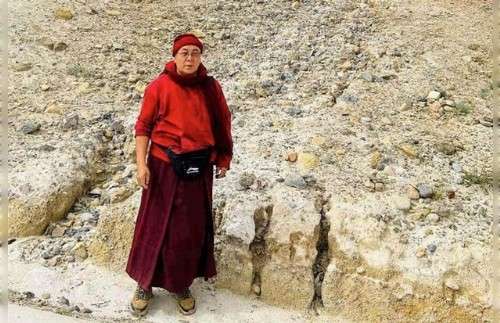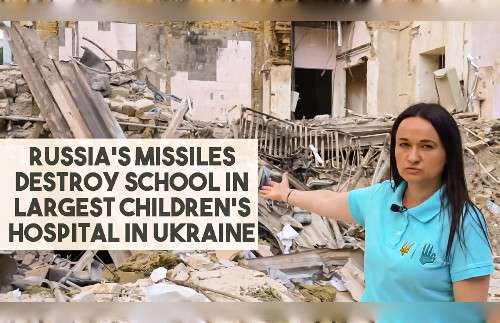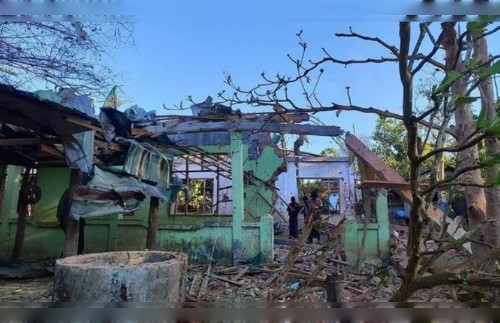
- Defence and security forces responsible for unlawful killings
- Victims shot and wounded go into hiding for fear of reprisals
- Bodies of some killed during protests turned away from public morgues
The crackdown on protests in Guinea, including those against a change in the constitution allowing President Alpha Condé to seek a third term, has resulted in the deaths of at least 50 people in less than a year, Amnesty International said in a new report published today, two weeks ahead of the country’s presidential election.
The report, ‘Marching to their deaths: Justice for victims of crackdown on demonstrations in Guinea’documents the responsibility of the defence and security forces, sometimes in league with groups of young counter-demonstrators, for the unlawful killings of protesters and bystanders between October 2019 and July 2020.
It also outlines injuries sustained by 200 people and the arbitrary detention of more than 70 others, some of whom were held incommunicado over the same period. Several of those shot and wounded have fled their homes for fear of reprisals. Hospital authorities have also refused to admit to hospitals victims shot dead during some demonstrations.
“We spoke to devastated families who described how their children lost their lives, shot in the back, chest, head or neck. We have seen injuries to arms, knees and feet caused by firearms, tear gas canisters and even the security forces’ vehicles,” said Samira Daoud, West and Central Africa Regional Director at Amnesty International.
“Exercising the right to freedom of peaceful assembly remains dangerous in Guinea, where impunity for human rights violations has remained the rule for the past decade. Concrete actions are required from the authorities to bring justice to the victims and their families.”
Based on interviews with more than 100 individuals and analyses of official documents, videos and photographs, the report provides evidence that the authorities have acted in contravention of national and international standards. The security and defence forces have illegally used firearms in several towns of the country.
Between October 2019 and February 2020, more than 30 people were killed during protests against the change in the constitution. Of these, 11 were shot and killed by bullets to the head, chest or abdomen.
The day of the referendum on constitutional change which the opposition boycotted – 22 March 2020 – was particularly deadly, with at least 12 demonstrators killed, nine of them by gunfire.
Amnesty International has received testimonies and authenticated photographs and videos that confirm the involvement that day of groups of young counter-demonstrators alongside the security forces.
Alpha Oumar Diallo, a 18-year-old motorcycle taxi driver was shot on 22 March and beaten to death by counter-demonstrators in the capital Conakry. A member of his family said: “The gendarmes shot at one of the youths who Alpha Oumar came to save when he was shot in the leg. The demonstrators came to beat him up and he died not long after.”
Between April and July 2020, seven people were killed during demonstrations demanding better electricity supply, and during protests against the way the cordon sanitaire was being managed amid the COVID-19 pandemic.
Dozens with firearms wounds
Amnesty International documented dozens of cases of protesters being shot and wounded. For example, at least 15 people were injured during the October and November 2019 protests, eight of them by firearms, according to the organization’s interviews with victims and medical staff.
A 29-year-old mason was left paraplegic on 14 October 2019 after being hit by a bullet that entered through his neck and exited through his back.
He told Amnesty International:
“We were marching towards the gendarmes, who were wearing protective helmets. One of them, who was hooded, fired at us. He shot at my friend who died on the spot, and then he fired at me. He was concealed, I couldn’t see him… I am asking the authorities to take care of me so that I can recover my health and walk again. I can’t sleep for the pain.”
The security forces have, on occasion, injured people by ramming them with vehicles, or by throwing tear grenades at them. A man died of his injuries a few days after being run over by a police vehicle on 22 March 2020.
“He was running when he was hit by the police vehicle. His feet and his head were crushed… He undertook surgery but he lost a lot of blood and didn’t survive,” said one witness.
On 22 March 2020, the bodies of some of those who died during the demonstrations were taken to the public hospital morgues by relatives or bystanders but were turned away.
There are credible reports that the authorities prevented the bodies of victims from entering the hospitals without the presence of a judicial police officer,” Samira Daoud said.
“The rejection of these bodies by public hospitals means that the victims are not included in the government’s death toll. As a result, the families have not obtained death certificates and no autopsies have been conducted to enable a judicial inquiry.”
Almost none of the investigations have been followed up
The authorities have often announced the opening of investigations into cases of people killed during demonstrations. Virtually none of these are ever followed up, however, in violation of the victims’ and families’ right to justice.
Threats, fear of reprisals and a lack of confidence in the justice system have led victims or their relatives to go into hiding and not to file complaints. Only one of the families of the 12 people killed on 21 and 22 March 2020 told Amnesty International that they had filed a complaint.
Ban on demonstrations
The report also highlights numerous violations of the right to freedom of peaceful assembly. At least 10 bans on demonstrations against the proposed constitutional change were recorded in a four-month period in the country. The grounds invoked by the authorities were generally vague and contrary to international law.
For example, in Kindia, in November 2019, the authorities banned a demonstration because: “Monday is the first day of the week, the day on which the entire administration begins work, the day on which pupils, students and the population have to go to school and also go about their daily business.”
Seventy people were arbitrarily arrested and detained for protesting against the proposed constitution change. Several of them told Amnesty International of the inhuman or degrading treatment they suffered while in detention.
Members of the Front national pour la défense de la Constitution (National Front for the Defence of the Constitution / FNDC), including two women, were stopped by residents on 22 March 2020 in the Boké region and beaten up while trying to dissuade voters from going to the polls. Taken into custody by the police, the two women said they were then threatened with rape.
Activist Abdoulaye Oumou Sow, who was arrested on 11 October 2019, was held in a “black cell” from 5pm until 1pm the following day. He told Amnesty International:
“I asked to have a urine bottle removed from the cell to help me breathe but the security officers refused, and worse still, they told me to drink it if I was thirsty.”
“Whoever is elected in the presidential elections on 18 October will be required to ensure that all such violations are investigated and prosecuted and that those suspected are brought before the competent courts.”
“This behaviour by the military is in violation of international laws that prohibit torture and other cruel, inhuman or degrading treatment or punishment. If it continues, the great fear is that this impunity will only encourage further violations and a mistrust of the institutions,” said Samira Daoud.
“Whoever is elected in the presidential elections on 18 October will be required to ensure that all such violations are investigated and prosecuted and that those suspected are brought before the competent courts.”
© 2020 AMNESTY INTERNATIONAL
Golan Heights Druze Welcome New Syrian Rulers
Tibetans Demand Apology from the British Museum for Use of ‘Xizang’
Escaping from Scam Center on Cambodia’s Bokor Mountain
UN Security Council Meets to Discuss Children and Armed Conflict
10 Shocking Revelations from Bangladesh Commission’s Report About Ex-PM Hasina-Linked Forced Disappearances
Migration Dynamics Shifting Due to New US Administration New Regional Laws
UN Security Council Meets to Discuss the Maintenance of International Peace and Security and Artificial Intelligence
Winter Brings New Challenges for Residents living in Ukraine’s Donetsk Region
Subscribe Our You Tube Channel
Fighting Fake News
Fighting Lies




















